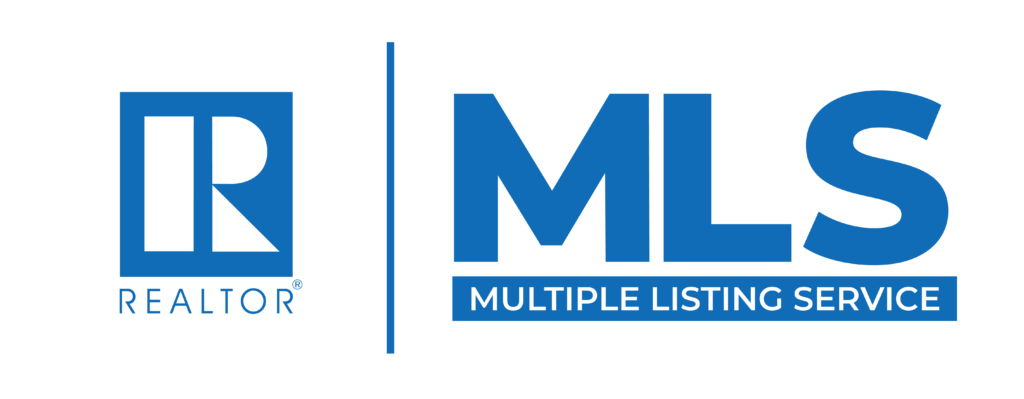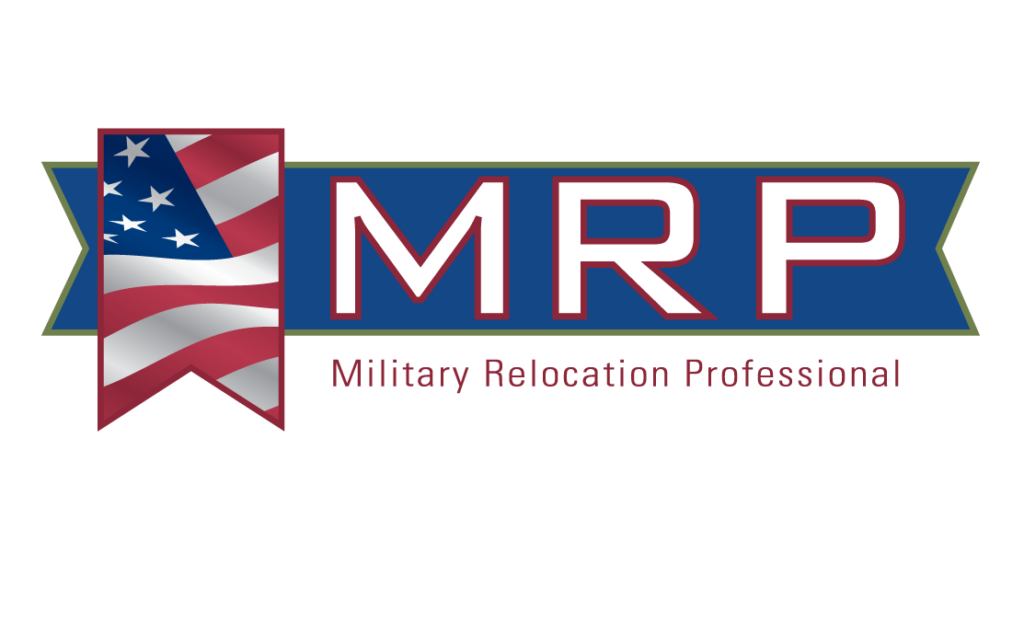Investing in real estate is a great way to build wealth and create passive income. Like many things in life, there is more than one way to go about it. Of the many ways available to purchase real estate, the two main ways are investing as an entity via a LLC or other business structure, or investing as in individual utilizing your personal name. There are pros and cons to each method, which depending on your situation and objectives could either be a pro or con for you. I will not spend a lot of time going into the specifics of each, but I will quickly highlight a few of the most commonly mentioned pros and cons.
Personal Name Investing
Pros: Generally easier to get financing initially, long term financing with fully amortizing loans, lower down payment requirements.
Cons: Personal liability, debt to income, limited number of mortgages you can have at once.
LLC Investing
Pros: Personal liability protection, unlimited mortgages, uses business credit not personal.
Cons: Potentially expensive to setup, initially difficult to get financing, no long term financing or fully amortizing loans, maintining business requirements.
For us the decision was easy, and we went LLC without a question. There was an initial struggle due to me not understanding how differently things worked when operating as an LLC, but once I overcame those challenges things became a lot easier. From my experience the three main areas of friction when purchasing property as an LLC opposed to using your personal name are: meeting financing requirements, loan structures, and property insurance.
Meeting Financing Requirements
Most major banks and even some small banks want to see 2-3 years of tax returns for the LLC before they will consider granting loan and credit products. Obviously, that is an issue for a newly formed LLC, but it is easily mitigated by contacting various banks until you find one that will work with you. Most big banks like Wells Fargo, Bank of America, PNC, and other national names will have these requirements, while most small local banks and credit unions will not.
Each bank has it’s own niche. Some banks are eager to forge relationships with local business owners and others are not. When it comes to lending, some banks are not interested in rental properties due to the associated risks, while others are. Additionally, a bank may be interested in financing deals for multi family properties, but not single family homes. Due to these factors, I recommend contacting multiple banks in your area and speaking to someone in the business lending department. In your conversation be honest about where you are as a company. Ask questions about lending requirements, terms available, underwriting criteria, and types of properties they are willing to lend on. These conversations are important and will serve as the beginnings of a business relationship, as most of the time the person you are speaking with has been with the bank for a long time, and will continue to be. Once you have found a bank that is willing to work with you, they will continue to be a valuable asset and will assist you with all your financing needs. While it may be difficult to get financing as an LLC initially, once you have established a lending relationship, you will find that lending becomes quicker and easier than personal name financing.
Loan Structures
The Biggest difference between buying property as an LLC vs buying property in your personal name is that there is no 30 year mortgage option for LLCs at traditional banks (some private lenders will do 30 year loans to an LLC). With that said, most loans to LLCs will be ballons on 5-15 year terms depending on the bank, with 5 year ballon loans being the most common. Also 15-20 year amortizations are the norm, and on average interest rates will be slightly higher than in your personal name, as most banks will be somewhere between 4-6%.
Once again shopping around is key, as I was quoted 4.75% with a 20 year amortization on a 5 year ballon with one bank, and 3.85% with a 20 year amortization on a 14 year ballon from another. The 3.85% rate was for the first 7 years, with the rate renewing on the 7th year to the new fed rate then locking for the last 7 years. Both loans quotes were for the same property
For those not familiar with ballon loans, I will briefly explain how they work. In the beginning you will be given the term and amortization of the loan, say 5 years with 20 year amortization. Over the course of the next 59 months (4 years 11 months) you will make low mortgage payments based off your amortization (20 years) as if you had 20 years to pay the full balance of the original loan. On the 60th month (5 years) you will have to pay one large payment (the ballon) for the remainder of the loan balance. It is important to note that if you are unable to pay the ballon, you could default on the loan and lose your property through foreclosure. Due to the nature of ballon loans most banks will allow you to refinance the loan for another 5 year term (given you have made all payments on time); however, you must apply for and complete the refinance before the end of the orginal 5 year term. During refinance, some banks will decrease the amortization by 5 years for each subsequent refinance (20 years, 15 years, 10 years, etc), until the balance is paid. On the on the other hand, some banks do not decrease the amortization. Therefore, when talking to the bank during the initial process of finding a lender, an additional question to ask is how refinancing will work, and what the associated fees will be.
Lastly, when applying for financing and credit products as an LLC most banks will not run your personal credit, instead they only run the businesses credit. Therefore, loans and credit products that belong to the LLC generally do not show on your personal credit report, and do not effect your personal debt to income ratio.
Property Insurance
This is probably the most important. When shopping for insurance it can be difficult to find companies that will actually write the policy in the LLC’s name. Instead some companies may offer to write the policy in your name only, while others will offer to write the policy in your name and list the LLC as an additional insured.
Most basic companies will say that you will need a commercial policy in order to have an insurance policy in the name of the LLC, which is not a big deal. However, once you begin shopping for commercial policies you might find that some companies will not want to add residential rental properties to commercial policies. For example, I own a 10 unit (commercial) apartment building and a few (residential) single family rentals. Some companies refused to write the single family homes to the same policy as the apartment building due to them not being commercial properties. However, by shopping around I was able to find a company (Nationwide Insurance) who was able to write a business owners policy in the LLC’s name providing $1M in general liability coverage for the LLC, as well as building coverage for the apartment and single family properties all on the same policy. Additionally, biBerk Insurance by Berkshire Hathaway Insurance Group, was able to write a business owners policy as well, covering both the residential and commercial properties, providing $1M in general liability coverage for the LLC. They also offer commercial umbrella insurance policies at very low rates that can be added as additional protection above and beyond the business owners policy simialr to those used by personal name investors.
Having an insurance policy in the LLC’s name is important as it helps establish the insurance policy as a business expense instead of a personal expense. The commingling of business and personal is a big deal, and can negate the protections of the LLC during a lawsuit if it is determined the “corporate veil” has been pierced.




My hat is off to your astute command over this topic-bravo! Hulda Osbert Gowrie
Thank you
gooday there, i just stumbled your web portal via yahoo, and i must say that you express awesomely good on your blog. i am very impressed by the mode that you express yourself, and the subject is quality. i give my sincere thanks and cheers! Lilly Berkie Ahab
Thanks for taking the time to check out the blog
You actually make it seem so easy with your presentation but I find this matter to be really something that I think I would never understand. It seems too complex and very broad for me. I am looking forward for your next post, Ill try to get the hang of it!
If you dont mind sharing, I would love to know the specific challenges you are currently experiencing. Maybe I could be of some assistance.